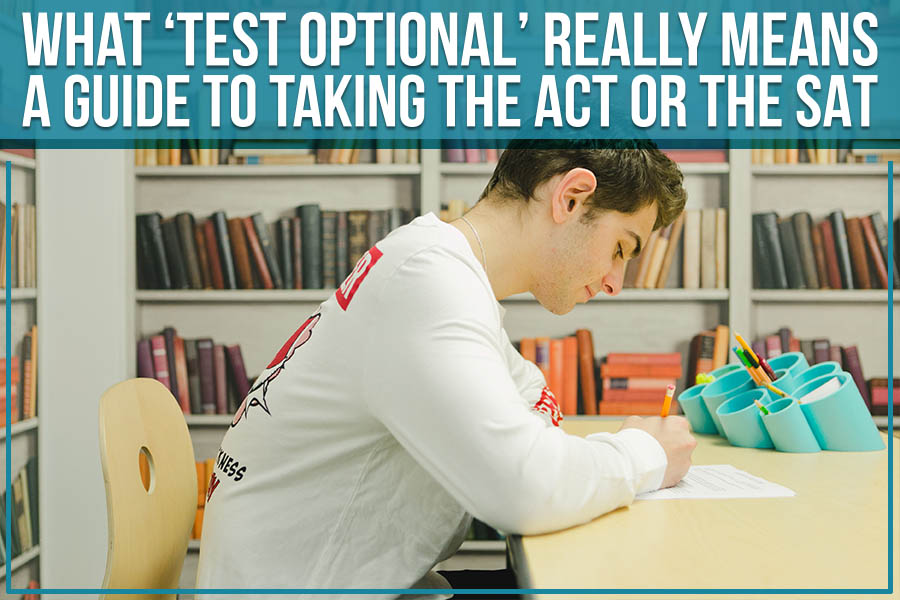
What ‘Test Optional’ Really Means: A Guide To Taking The ACT Or The SAT
One of the biggest things to happen to the academic world this last year was the announcement by many prominent universities to make submission of [...]Read More... from What ‘Test…
